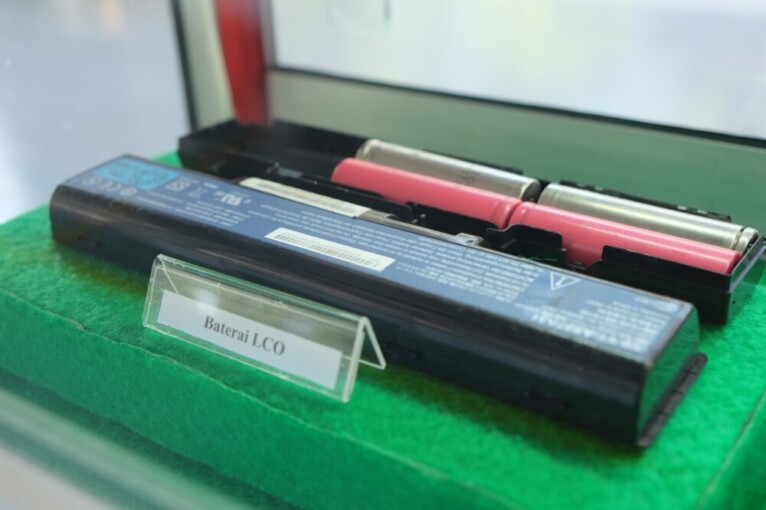
In line with government regulations on the use of Battery Electric Vehicle, automotive industry players and related business in Indonesia are getting geared up.
Faculty of Engineering UGM has done research into recycles of valuable metals, particularly spent lithium batteries as a component of electric vehicles.
“Among important components of electric vehicles, batteries that store the electric energy is the heart of the electric vehicle. Until today, lithium batteries are the most important component that sets the price of electric vehicles,” said Muslim Mahardika, ST, M.Eng., Ph.D, on Thursday (12/9).
He explained around 50-70 percent of the price of lithium battery is determined by the use of battery materials. Components include cathode which contributes to 20-25 percent of battery price. Depending on the battery, metals such as lithium, nickel, cobalt, and manganese are the most frequently used.
Since 2013, Faculty of Engineering UGM has done the research in lithium battery recycling under different funding schemes. It is a cross-disciplines research between chemical, mechanical, and electrical engineering that is conducted in Center of Battery Recycling UGM. With the LPDP funding in 2015, the UGM team under the leadership of Dr. Indra Perdana had recovered lithium from Lithium Cobalt Oxide (LCO) battery in the form of lithium carbonate that has purity grade above 95 percent. Still with the LPDP funding, in 2019 the team recovered lithium from Lithium Iron Phosphate (LFP) battery that produced lithium compound in the form of lithium phosphate with purity grade over 99 percent and ready for re-use as LFP battery.
“The lithium recovery is conducted through a controlled mechanical, hydrometallurgy and precipitation of metal separation process,” he said.
Aware of the significance of separating the battery components in the early chemical process of metal recovery, the team in 2019 researched the battery dismantling process which generated an automatic dismantling prototype. With this tool, lithium battery components consisting of metal wrap, cathode plate, anode plate and separator can be dismantled easily.
“The dismantling tool will continue to be developed for a bigger scale of cylinder battery processing or 18650 type,” said Muslim.
He added applications for 3 patents on these products had been made, making UGM the first to submit a battery dismantling patent application with application numbers P00201907450, P00201907452, and P00201907453. The inventors are Muslim Mahardika, Indra Perdana, Suryo Hadiwibowo and Satria Mahardhika Wisambodhi.
Presently, the team is researching into valuable metal recovery from lithium battery of Lithium Nickel Cobalt Aluminum Oxide (NCA) and Lithium Nickel Manganese Cobalt Oxide through a hydrometallurgy method that has relatively different phases.
He explained the research on the various types of battery ought to be done because those batteries would be often used for different purposes. Next, the team will study the development of a scale-up of battery processing that involves related industry partners. The team will continue making innovation by applying membrane technology that uses environmentally friendly organic compounds.

